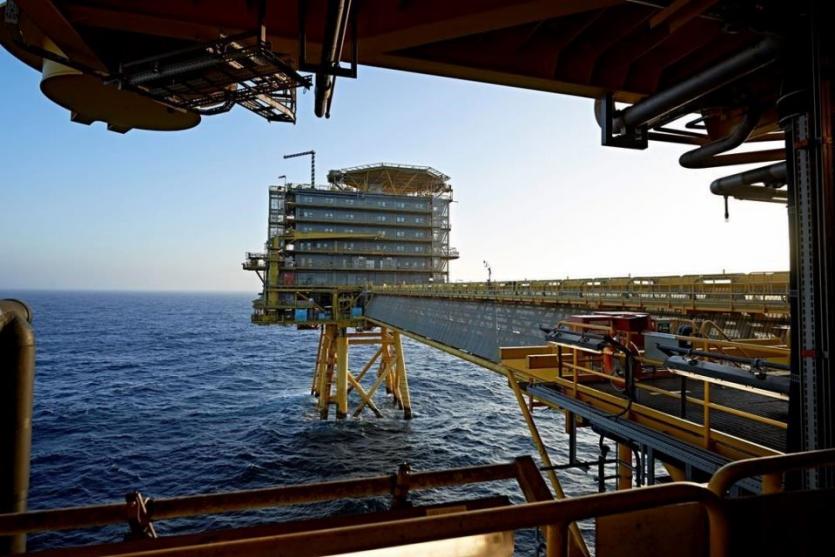Denmark to end oil, gas extraction in North Sea
Denmark to stop their oil exploration efforts in favour of national reserves
By Patryk Krych | The World Daily | DECEMBER 4th 2020
As a part of its efforts to reach carbon neutrality by the year 2050, Denmark has vowed to put an end to its searches for oil and gas in the North Sea in favour of the finite fossil reserves in its own territories.
On Thursday, the Denmark government had also voted in favour of the move to cancel all of its latest licensing rounds, which would therefore prohibit firms from searching for oil and gas. The first time such a plan was decided on since 80 years past, when the country first began its exploration for oil and gas reserves.
“We will now follow a different path,” said Danish minister for climate, energy and utilities Dan Jørgensen, during an interview with the Financial Times. “It wouldn’t be in line with our ambition to be climate neutral in 2050 to still explore, produce and sell fossil fuels.”
Greenpeace Denmark’s Helene Hagel described the move as a “watershed moment” that if executed properly, would allow the country to become an inspiration that other countries may feel inclined to follow by example.
“The country can assert itself as a green frontrunner and inspire other countries to end our dependence on climate-wrecking fossil fuels,” Hagel stated. “This is a huge victory for the climate movement and all the people who have pushed for many years to make it happen.”
At present, only 55 oil and gas drilling platforms exist in Denmark’s continental shelf in the North Sea, all of which are strewn around 20 of its oil fields. These producers will continue to extract oil from these fields, but will no longer be allowed to explore past Denmark’s borders for the fossil fuel product. By 2050, Denmark will hope to have eliminated the use of fossil fuels in its territories entirely.
In 2019, Denmark had pumped around 103,000 barrels a day. This was is a far smaller average than the production of the United Kingdom, or even Norway, thereby making Denmark one of the smaller producers of fossil fuels. It is still, however, the largest producer in all of the European Union.
The push to reach carbon net neutrality by the year 2050 was propelled by the Climate Change panel in the United Nations, after UN scientists had made the grave prediction that if global warming is not limited to 1.5 degrees Celsius globally, then disastrous, climate-related consequences may follow. A vast increase in catastrophic weather, droughts, and a rising of sea levels that may damage coastal communities is expected of these consequences.
Since this distressing announcement, countries worldwide had all made their own pledges and agreements to follow along the guidelines set down during the Paris Accords of 2016, which serve to help limit these global emissions.






